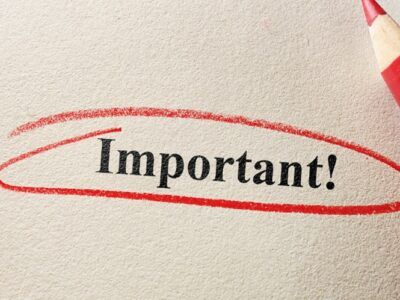If you’re trying to conceive, it is critical that both you and your partner eat a healthy diet. Eating healthily, avoiding alcohol, and staying within the correct weight range for your height will increase your chances of conceiving and set the stage for your baby’s optimal growth during pregnancy.
A woman’s nutritional state during and throughout pregnancy affects her baby’s growth and development, laying the groundwork for their future health.
What Mum Eats Matters
When you’re trying to conceive, it’s critical to pay attention to your food. If you have insufficient nutritional stocks prior to pregnancy, you will have less to sustain your baby’s growth and development throughout pregnancy, and a shortage of vitamins and minerals may also have an influence on your health and well-being.
Getting In Shape
What you eat might be just as significant as what you weigh. Keeping a healthy weight before being pregnant will assist protect your baby’s future development and well-being. A BMI of 20 to 25 can help minimize the chance of having a low birth weight baby as well as pregnancy issues including high blood pressure and diabetes.
What Dad Eats Matters Too
Men should also attempt to keep their weight under control and consume a balanced diet, because male obesity can change hormone levels. Furthermore, poor sperm motility and low sperm count are typical in males who are overweight or obese. Load up on vegetables and fruits which include vitamins, minerals, and antioxidants that may aid in the production of robust sperm.
Include Adequate Iron Levels
According to the findings of The Nurses’ Health Study II, which tracked 18,500 female nurses seeking to conceive, an iron-rich diet derived from supplements and vegetables may reduce the incidence of ovulatory infertility.
Iron-rich vegetarian foods include lentils, beans, spinach, iron-fortified cereals, long-grain enhanced rice, and whole grains. To improve iron absorption, include vitamin C in your meals from bell peppers, citrus fruits, or berries.
Fertility-Friendly Recipes
Dairy
Including dairy in your preconception diet is beneficial not just to your bone health, but also to your reproductive health. So drink your milk, eat your yogurt, sip your smoothie, and munch on your cheese. Most of the time, sticking to fat-free and low-fat dairy products makes sense, especially if you’re aiming to reduce your bottom line (after all, extra weight can weigh on fertility). However, preliminary data suggest that women who struggle with ovulation might benefit from a daily dose of full-fat dairy.
Lean Animal Protein
All of these sources of protein are high in iron, an important vitamin that promotes fertility. Indeed, studies suggest that women who increase their iron consumption throughout the preconception period have a greater fertility rate than iron-deficient women. Whether you’re a vegan, make sure the prenatal vitamin contains iron and ask the practitioner if you need any additional supplements.
Omega-3 Fatty Acids
Because of the high quantities of omega-3 fatty acids they contain. Loading up on those wonderful fats boosts blood circulation to reproductive organs and may assist to control reproductive hormones. You don’t like fish? Flaxseed, pumpkin seeds, walnuts, almonds, and enhanced eggs are good sources of omega-3 fatty acids.
Yams
If you’re trying to conceive, consider making some yams for dinner. Some experts believe that this food item contains an ovulation-stimulating chemical. Whether or not this idea holds water, it’s worth throwing a few coins in the pot tonight. After all, they’re high in vitamins that promote conception.
Berries
These antioxidant-rich relatives of the berry family safeguard your body from cellular damage and aging, including cells in the reproductive system.








Comments